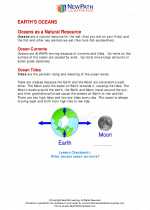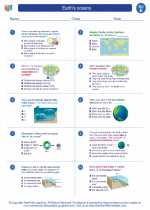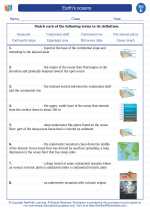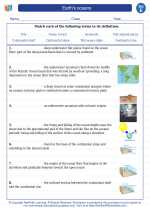Medicinal
Medicinal is a term that refers to anything related to medicine or the use of substances for healing or treating diseases and ailments. It encompasses various aspects of healthcare, including the use of pharmaceutical drugs, natural remedies, and alternative therapies to promote health and wellness.
Key Concepts
- Medicinal Plants: Plants that have therapeutic properties and are used in traditional medicine or pharmaceutical products.
- Pharmaceutical Drugs: Medications developed and manufactured for the treatment of specific medical conditions.
- Natural Remedies: Substances derived from nature, such as herbs, minerals, and animal products, used for medicinal purposes.
- Alternative Therapies: Non-conventional approaches to healthcare, including acupuncture, chiropractic care, and herbal medicine.
- Drug Development: The process of discovering, testing, and producing new medications for various health conditions.
Study Guide
When studying the topic of medicinal, it's important to familiarize yourself with the following key points:
- Identify common medicinal plants and their therapeutic uses.
- Understand the principles of pharmaceutical drug development and the role of clinical trials in testing new medications.
- Explore the benefits and potential risks associated with natural remedies and alternative therapies.
- Examine the ethical considerations and regulations surrounding the use of medicinal substances.
- Discuss the impact of modern medicine on traditional healing practices and cultural perspectives on healthcare.
By mastering these concepts, you will gain a comprehensive understanding of the diverse aspects of medicinal and its significance in maintaining human health and well-being.
.◂Science Worksheets and Study Guides Fifth Grade. Earth's oceans
Study Guide Earth's oceans
Earth's oceans  Worksheet/Answer key
Worksheet/Answer key Earth's oceans
Earth's oceans  Worksheet/Answer key
Worksheet/Answer key Earth's oceans
Earth's oceans  Worksheet/Answer key
Worksheet/Answer key Earth's oceans
Earth's oceans  Vocabulary/Answer key
Vocabulary/Answer key Earth's oceans
Earth's oceans  Vocabulary/Answer key
Vocabulary/Answer key Earth's oceans
Earth's oceans 

 Worksheet/Answer key
Worksheet/Answer key
 Worksheet/Answer key
Worksheet/Answer key
 Worksheet/Answer key
Worksheet/Answer key
 Vocabulary/Answer key
Vocabulary/Answer key
 Vocabulary/Answer key
Vocabulary/Answer key

The resources above cover the following skills:
EARTH AND SPACE SCIENCE
Earth’s Systems
Identify the distribution of freshwater and salt water on Earth (e.g., oceans, lakes, rivers, glaciers, ground water, polar ice caps) and construct a graphical representation depicting the amounts and percentages found in different reservoirs.